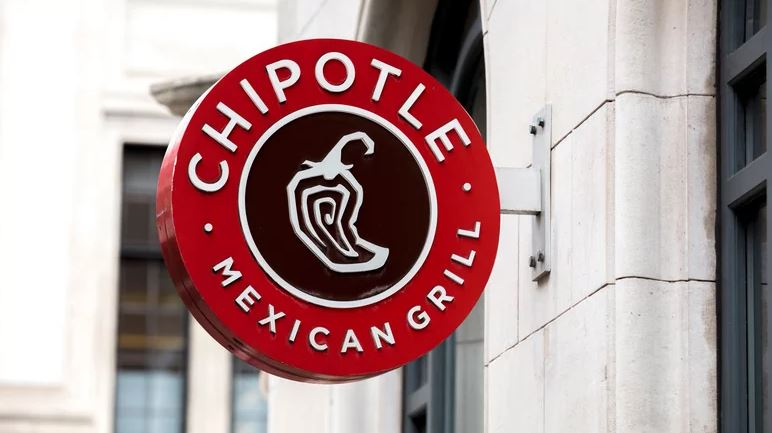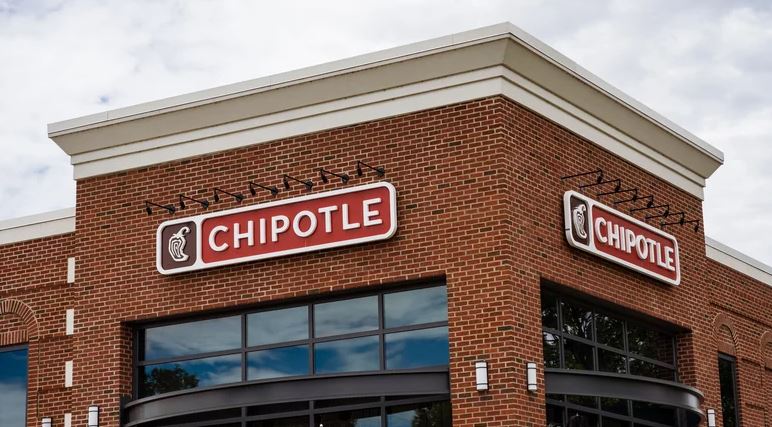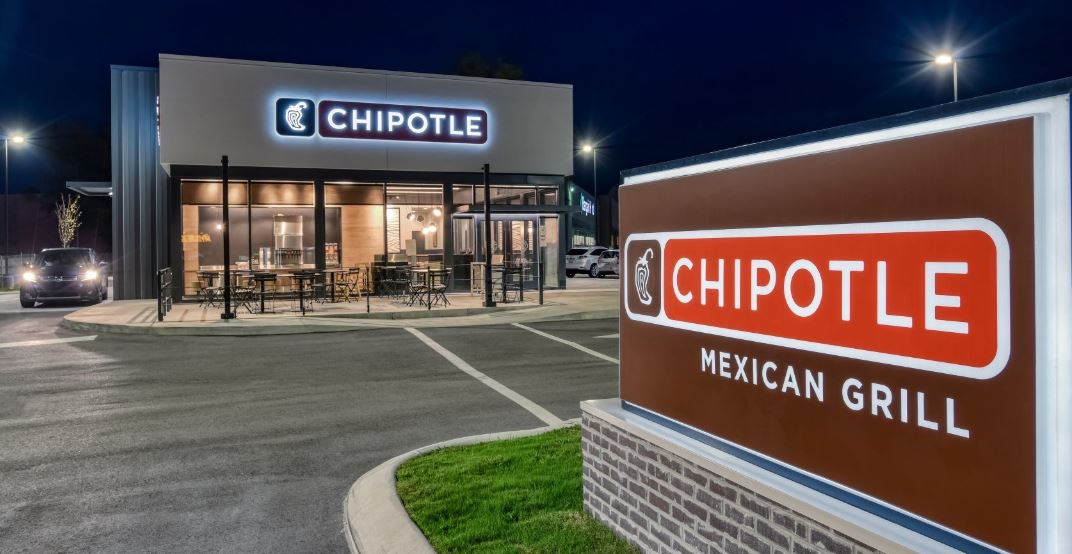The Reason Chipotle Was Once Sued Over Its Menu
Contents
Reason Chipotle Sued Menu :The reason behind the lawsuit was Chipotle’s decision to label its food as “GMO-free.” The company had made a commitment to serve only non-genetically modified organism (GMO) ingredients in its food.
However, it was discovered that some of the ingredients, such as the meat and dairy products, came from animals that had been fed with GMOs.
This led to a class-action lawsuit against Chipotle in 2015, which accused the company of false advertising. The lawsuit alleged that Chipotle’s advertising and marketing materials falsely claimed that the food was GMO-free.
The plaintiffs argued that the company’s use of the term “GMO-free” was deceptive, as it led consumers to believe that all of the ingredients used were non-GMO.
The lawsuit was filed in California, where a law had been passed requiring companies that claim their products are GMO-free to verify their claims.
The plaintiffs argued that Chipotle had failed to comply with this law, and had therefore violated the state’s false advertising and unfair competition laws.
Chipotle Sued Over The calories in Their Chorizo Burritos
According to the Los Angeles Times, California citizens David Desmond, Edward Gurevich, and Young Hoon Kim stopped by their local Chipotle to quench their appetite for Mexican food.
When the group found that a chorizo burrito only had 300 calories, their selection became much easy. However, after finishing their generously sized burritos, they realized they were all “excessively full,” prompting the men to question whether the calorie information provided was correct.
In 2016, they decided to file a lawsuit in Los Angeles County Superior Court, alleging that the restaurant provided patrons with “false nutritional information.”
While this lawsuit may appear to be frivolous, it’s difficult to believe that such a low-calorie burrito exists. The flour tortilla alone has 320 calories, according to the nutrition calculator on Chipotle’s website.
The numerous meat options for a burrito range in calories from 150 to 210, putting you well over 300. Chipotle spokeswoman Chris Arnold told BuzzFeed that the firm works hard to be transparent about what’s in their dishes.
“It was never our intention to cause confusion by presenting information about the calories in our chorizo,” he said. It appears that this did not proceed as planned.
The Impact on Chipotle
Chipotle’s brand and financial performance suffered as a result of the litigation. The stock price of the corporation fell by more than 30% in the weeks after the lawsuit’s filing.
This was in part owing to concerns that the case would result in huge cost increases for Chipotle, since the firm would have to source non-GMO components for all of its products.
In 2018, Chipotle paid $6.5 million to resolve the claim. The settlement required the corporation to take efforts to guarantee that its advertising and marketing materials appropriately indicated the presence of GMOs in its food.
Chipotle also promised to strengthen its sourcing processes in order to assure that its meat and dairy products came from animals that were not fed GMOs.
Despite the settlement, Chipotle’s reputation suffered as a result of the lawsuit. Many customers were dissatisfied when they discovered that the company’s claims of serving only non-GMO ingredients were not entirely accurate.
Some customers even filed lawsuits against Chipotle, claiming that the company’s advertising misled them.
Lessons for Other Businesses
The Chipotle case offers several lessons for other businesses that are considering making claims about their products’ ingredients or nutritional content.
First, it’s essential to ensure that any claims made in advertising and marketing materials are accurate and can be verified.
Working with suppliers to ensure non-GMO ingredients for GMO-free products may be necessary.
Second, corporations should admit their claims’ limitations. If a product’s label reads “organic,” explain what that implies and what requirements it satisfies. If a product is “low-fat” or “low-sugar,” explain what this means and how it compares to comparable products.
Finally, companies should prepare for legal issues. Working with a lawyer to ensure marketing and promotional materials comply with regulations may be necessary. Some legal issues require settlements or fines.
FAQs- Reason Chipotle Sued Menu
The lawsuit was filed against Chipotle for false advertising, as the company had labeled its food as “GMO-free” despite using meat and dairy products from animals that had been fed with GMOs.
The class-action lawsuit was filed against Chipotle in 2015.
Chipotle was accused of violating a California law that requires companies claiming their products are GMO-free to verify their claims.
Chipotle settled the lawsuit for $6.5 million in 2018.
The Chipotle lawsuit emphasizes the necessity of ensuring that advertising and marketing claims are truthful and verifiable. Businesses should also be open about the limits of their claims and be ready to respond to any legal issues that emerge.
Yes, some customers filed their lawsuits against Chipotle, alleging that they had been misled by the company’s advertising.
The lawsuit did not accuse Chipotle of knowingly using GMO products in its food. Instead, the company was accused of falsely advertising its food as “GMO-free” despite using meat and dairy products from animals that had been fed with GMOs.
Chipotle initially denied the claims made in the lawsuit and defended its labeling practices. However, the company eventually settled the lawsuit for $6.5 million in 2018.
Since settling the lawsuit, Chipotle has continued to prioritize the use of non-GMO ingredients in its food. The company has also taken steps to improve its sourcing practices and provide more transparency around its food labeling.
The lawsuit helped to fuel the debate on GMO labeling, as it highlighted the challenges businesses face in accurately labeling their products.



